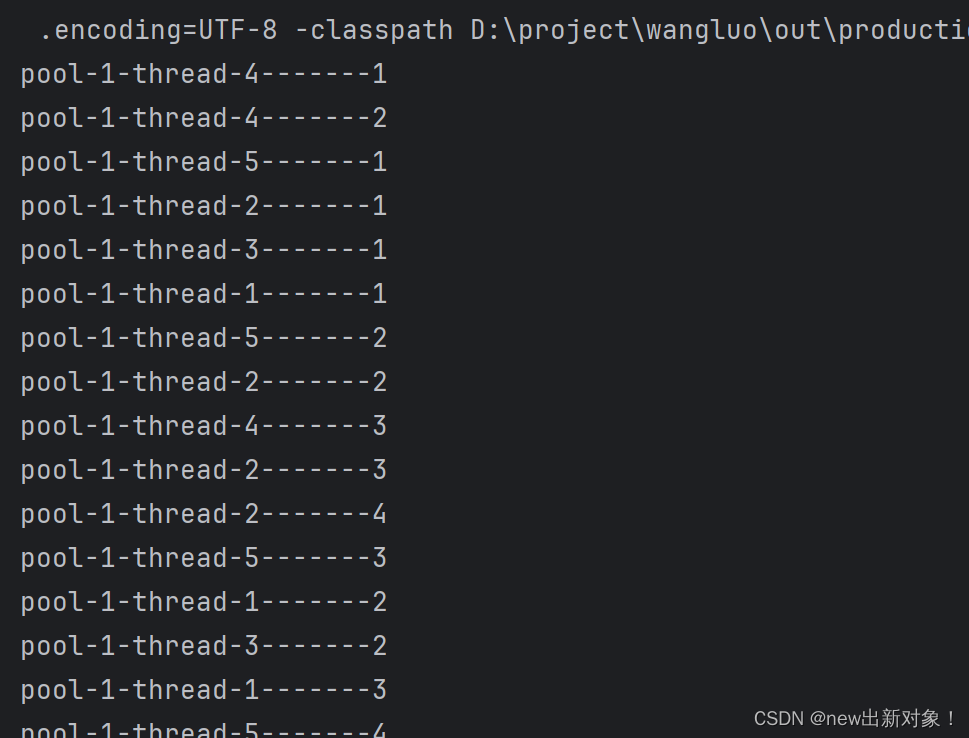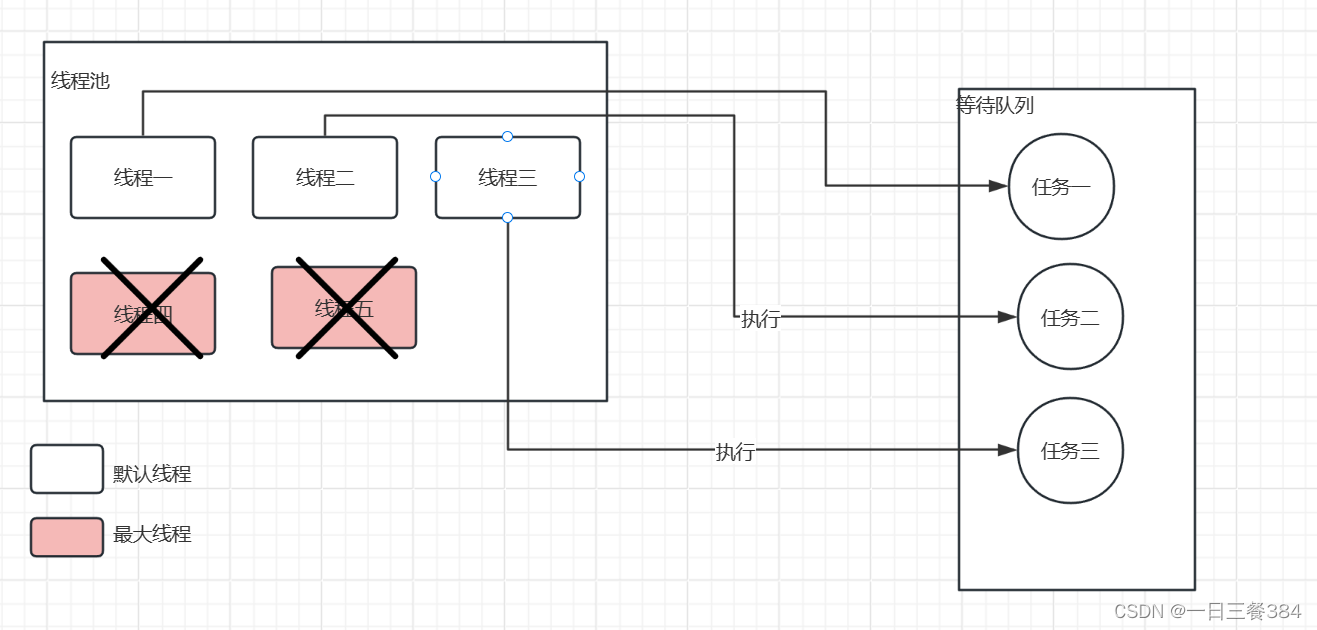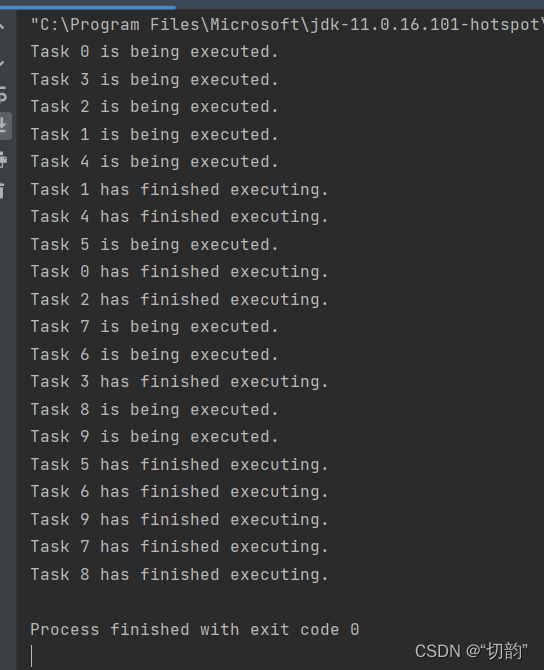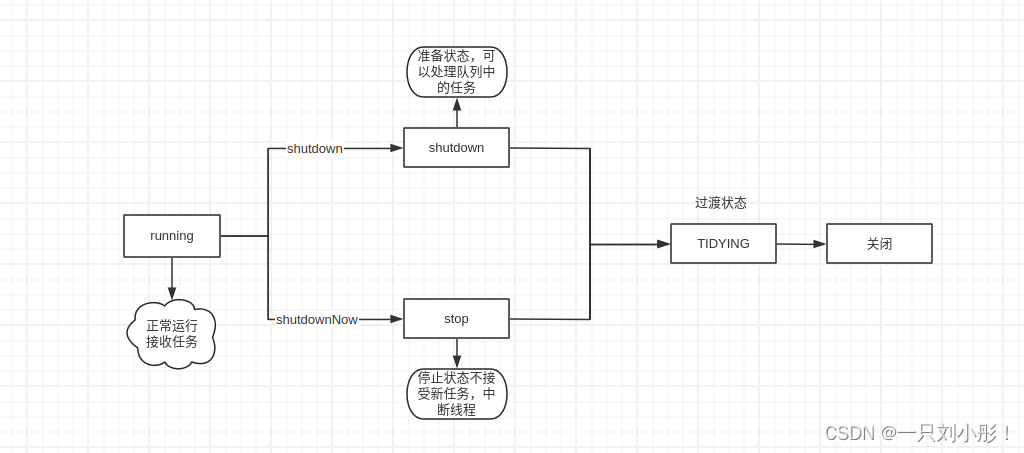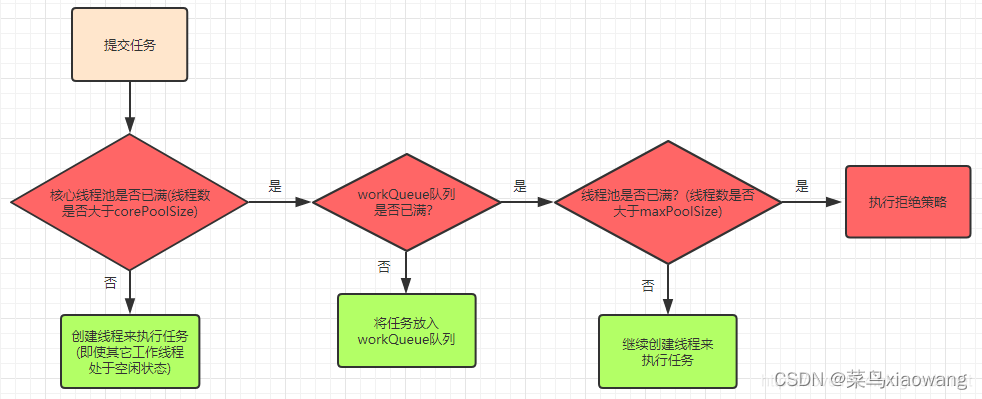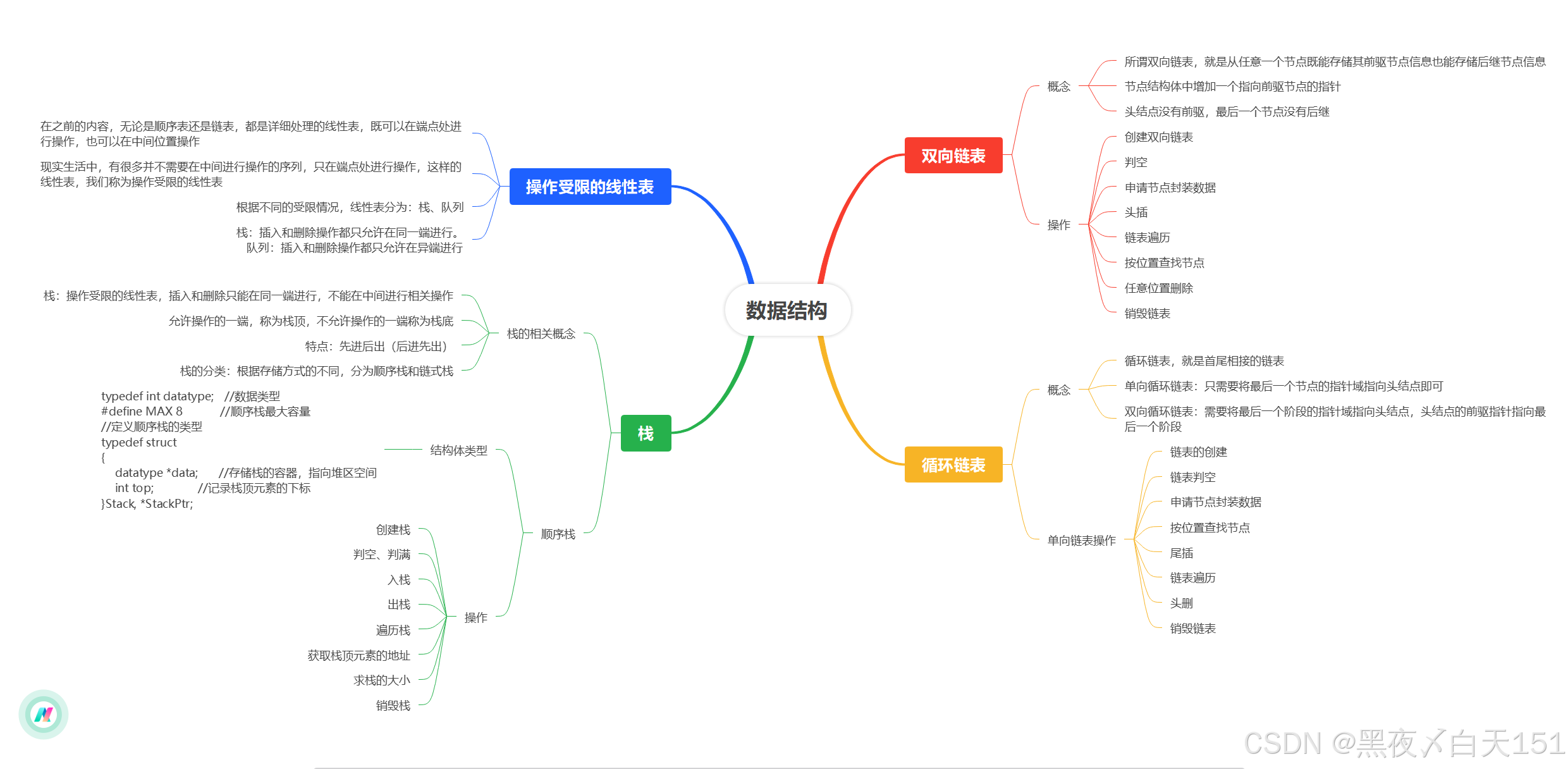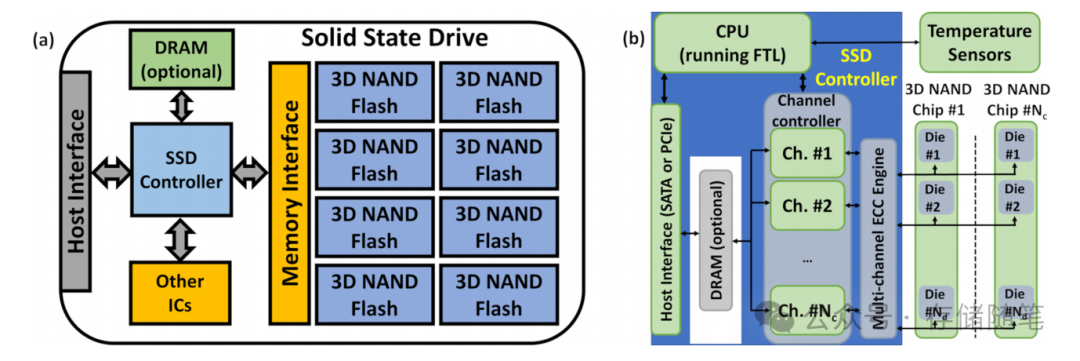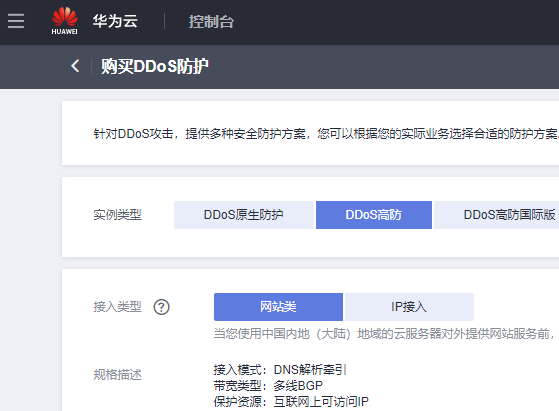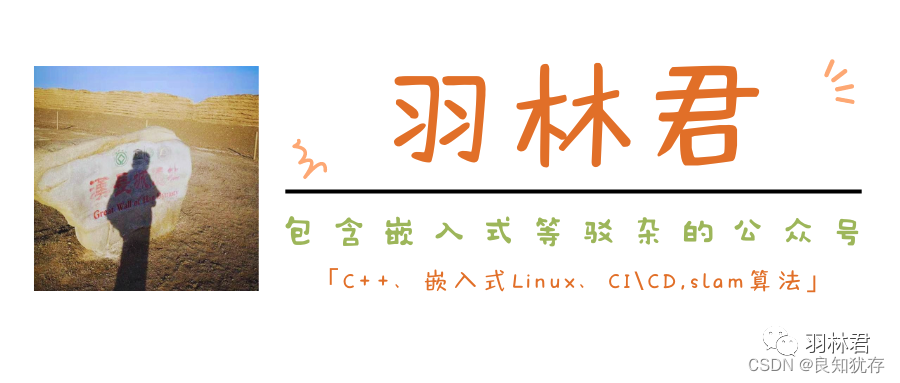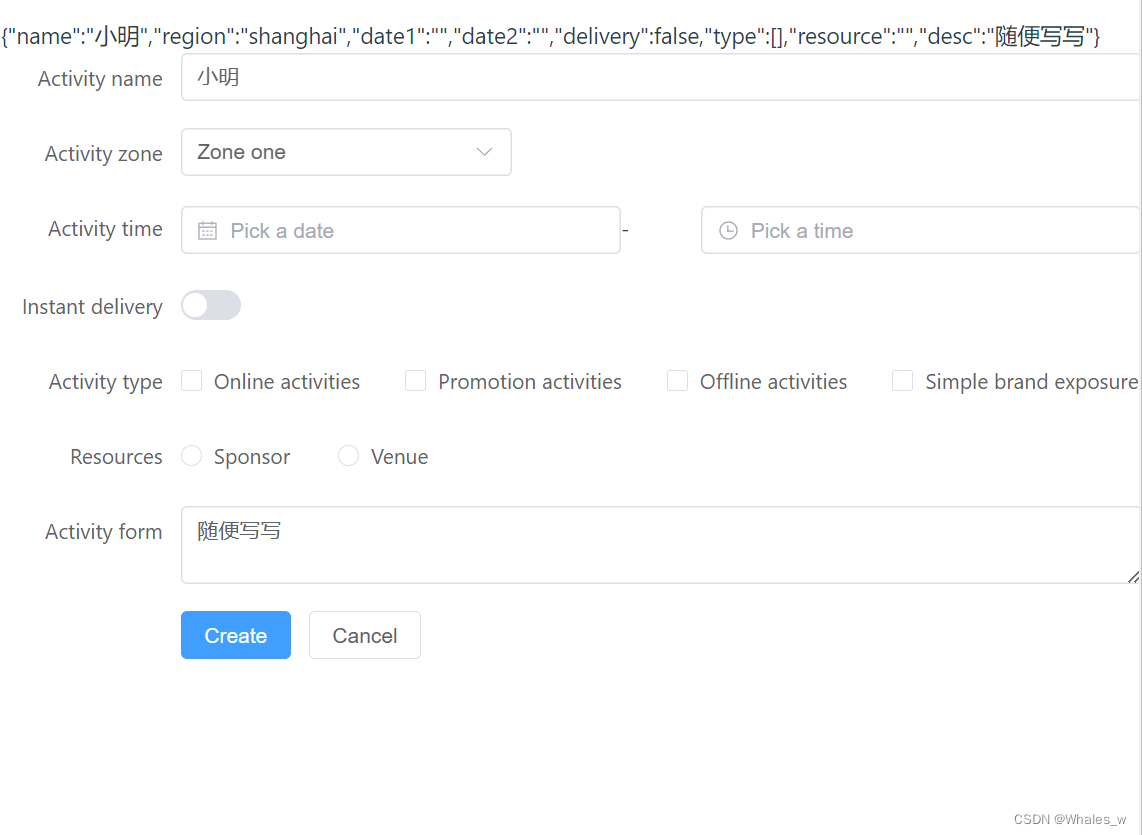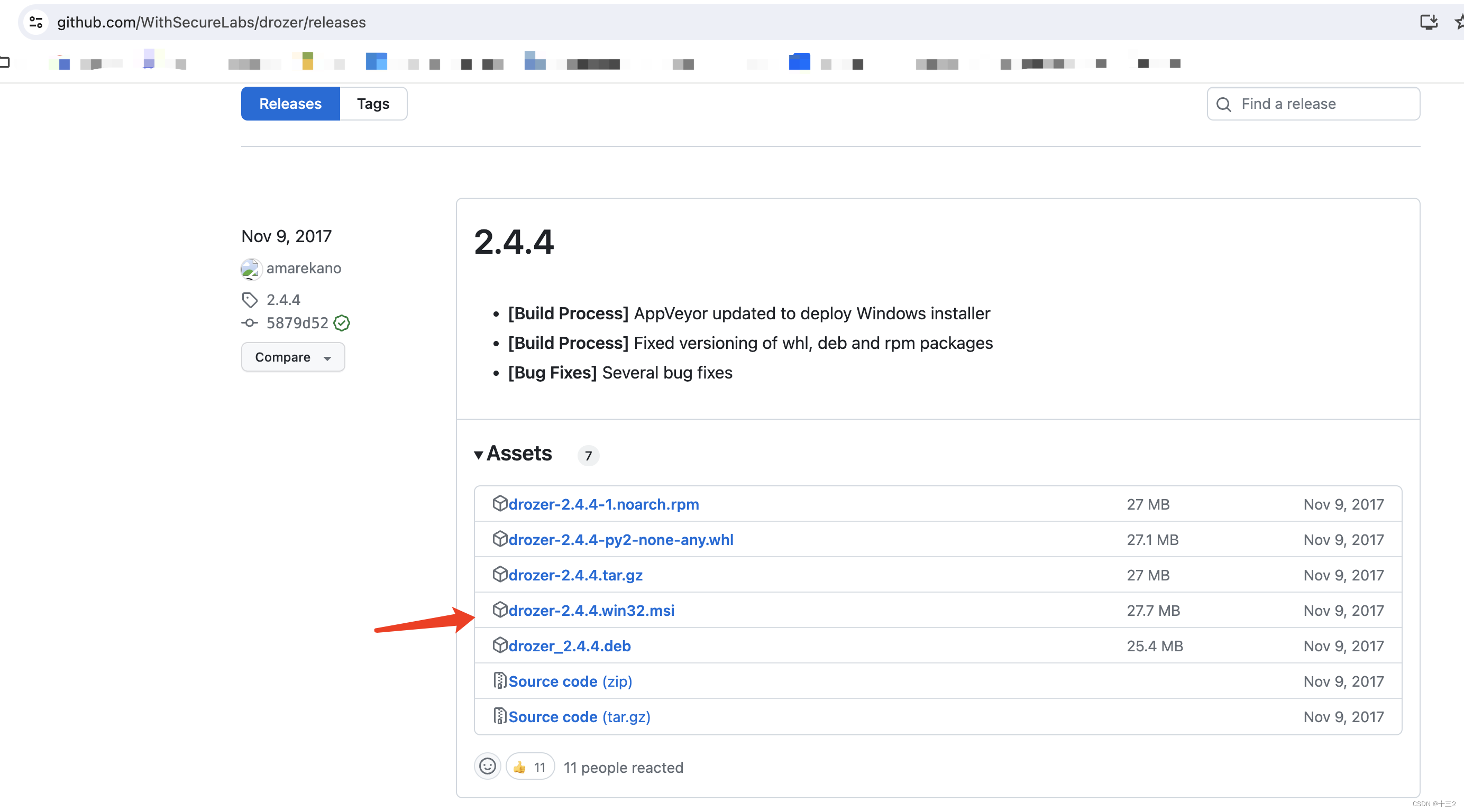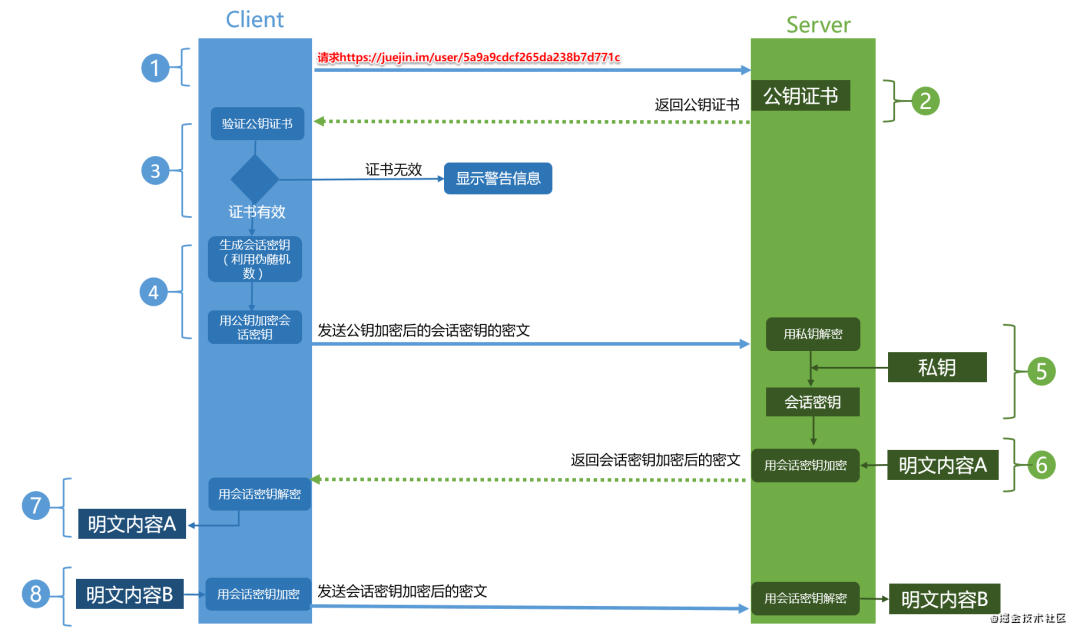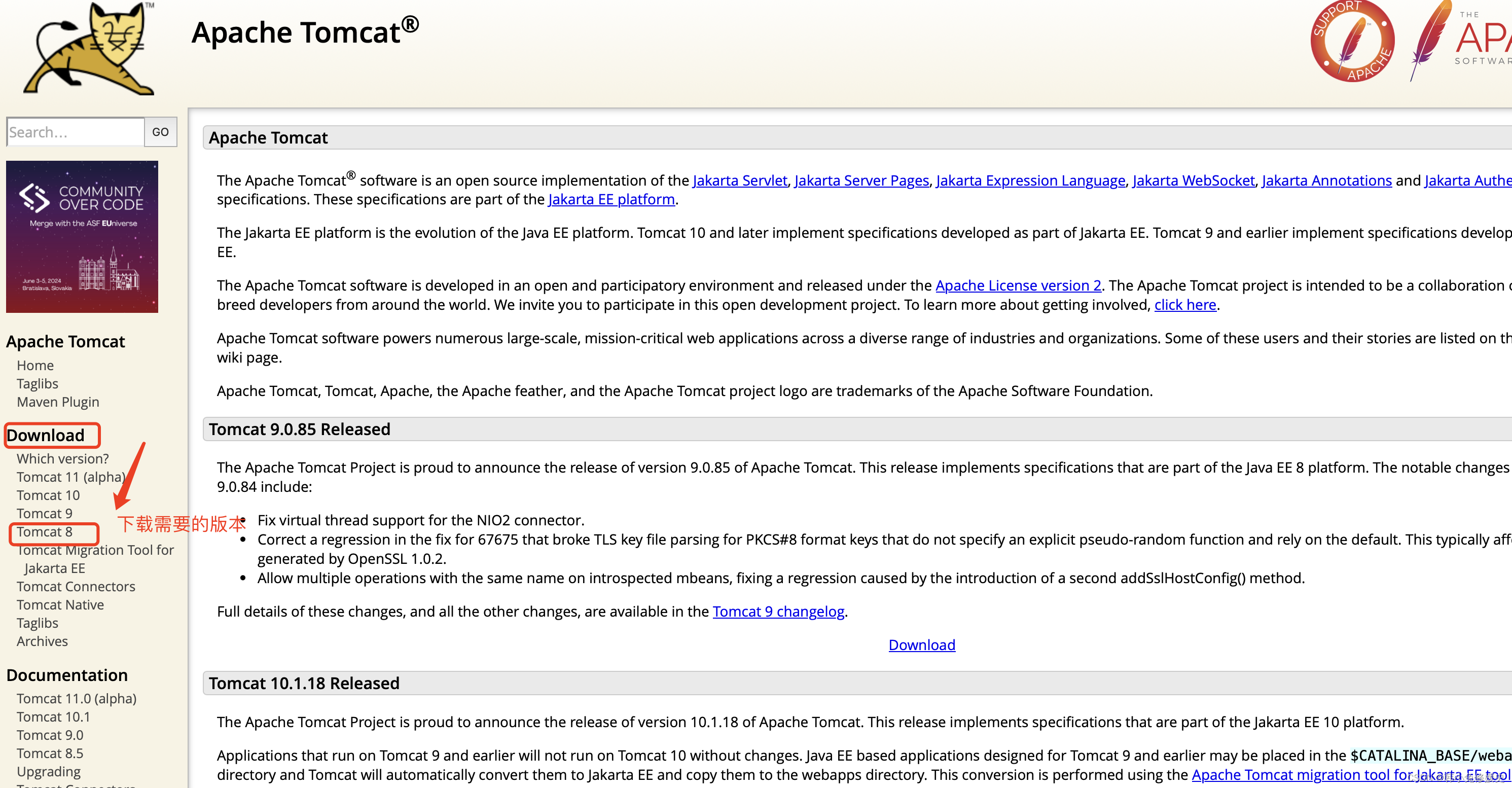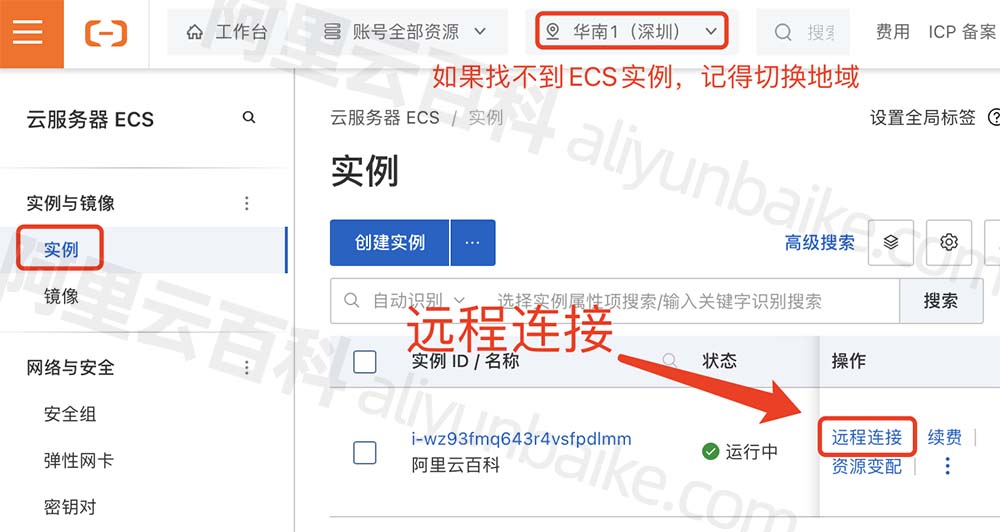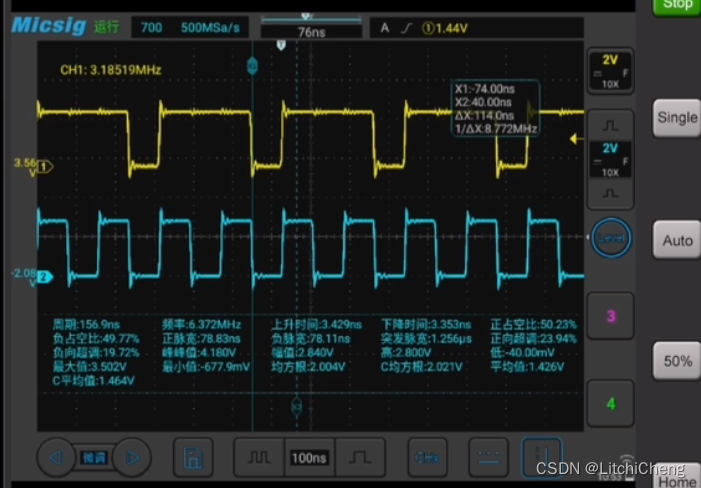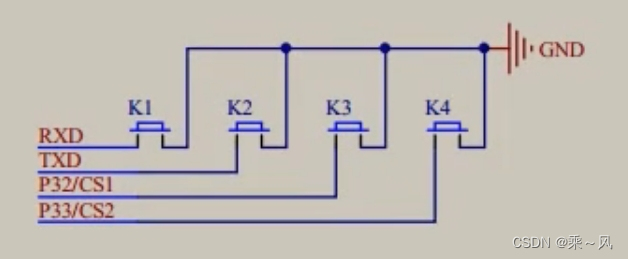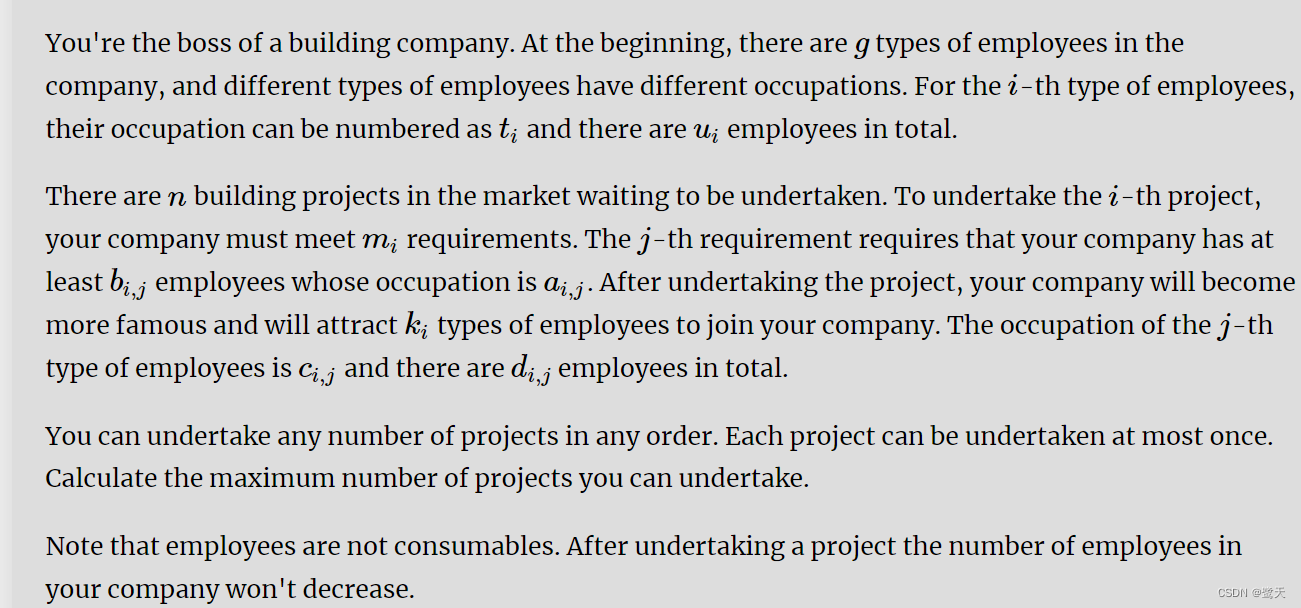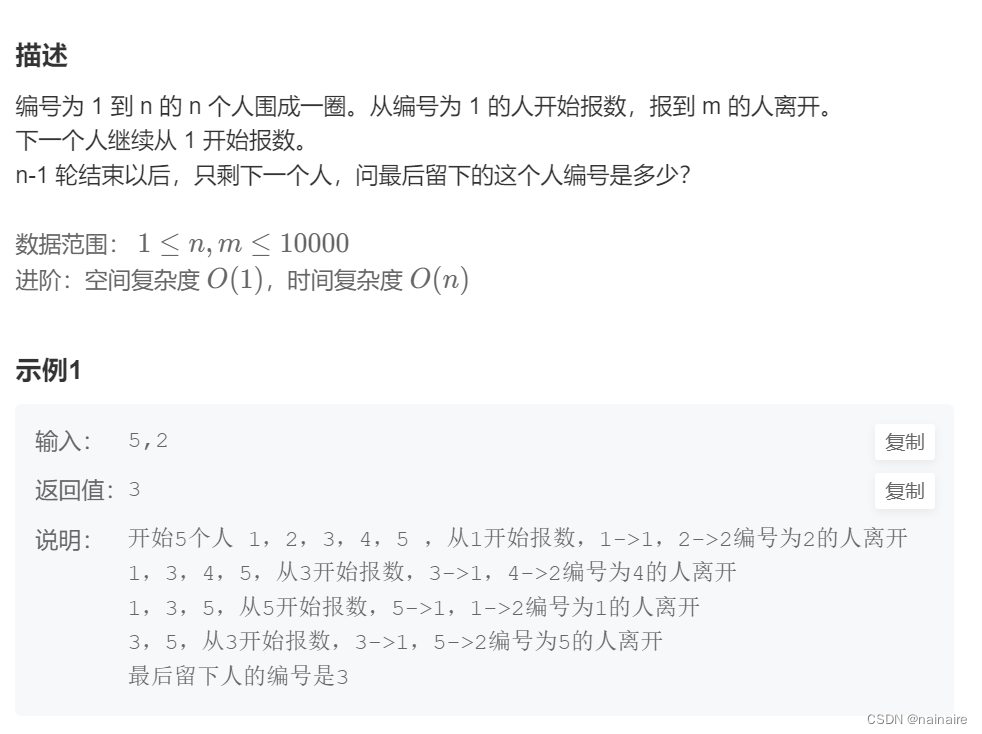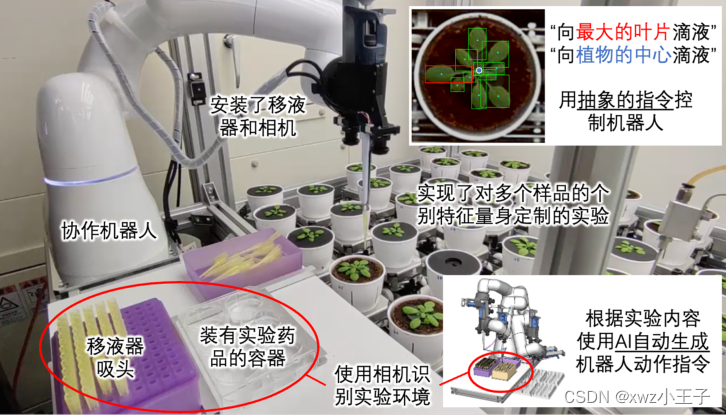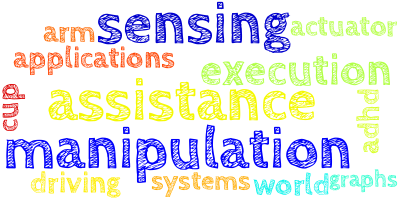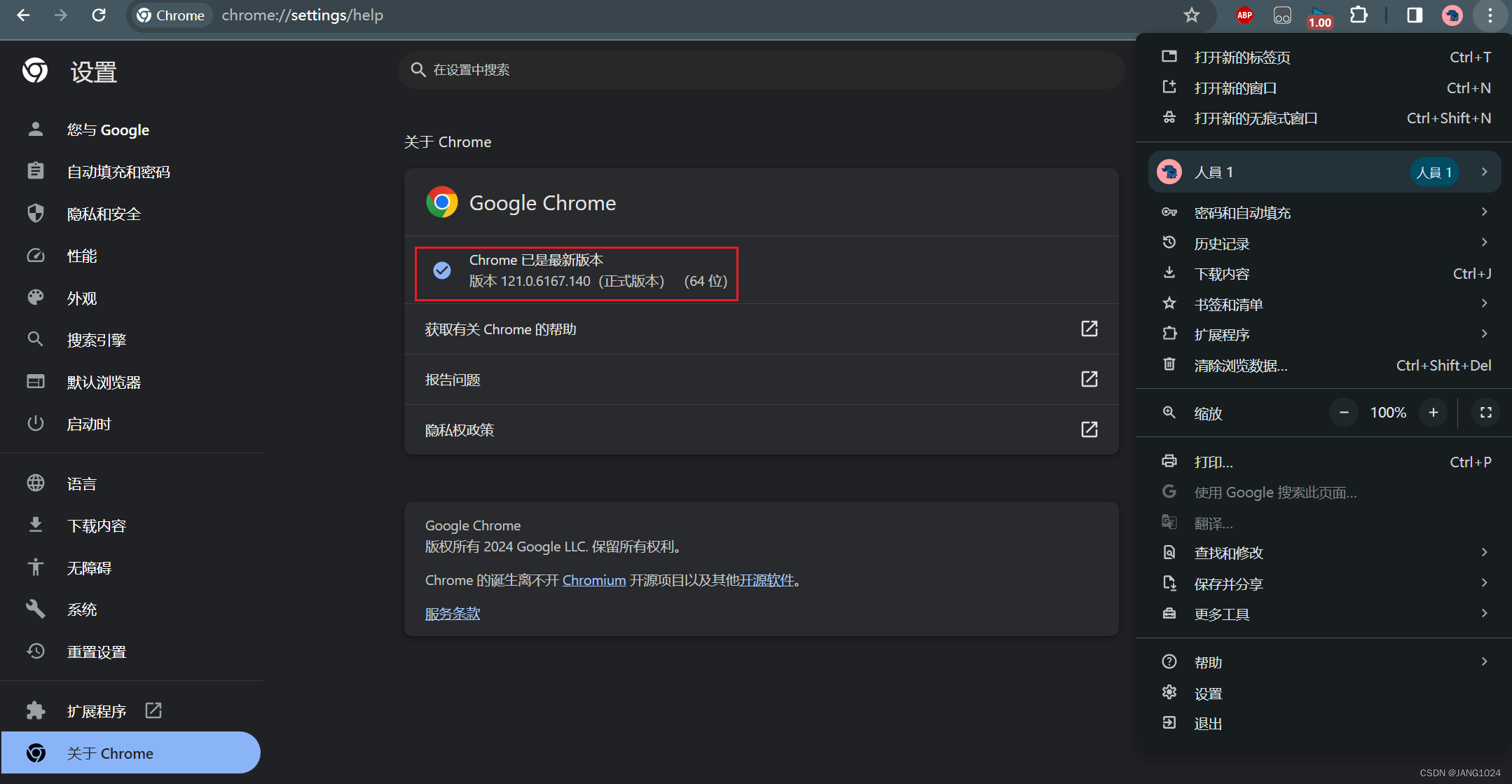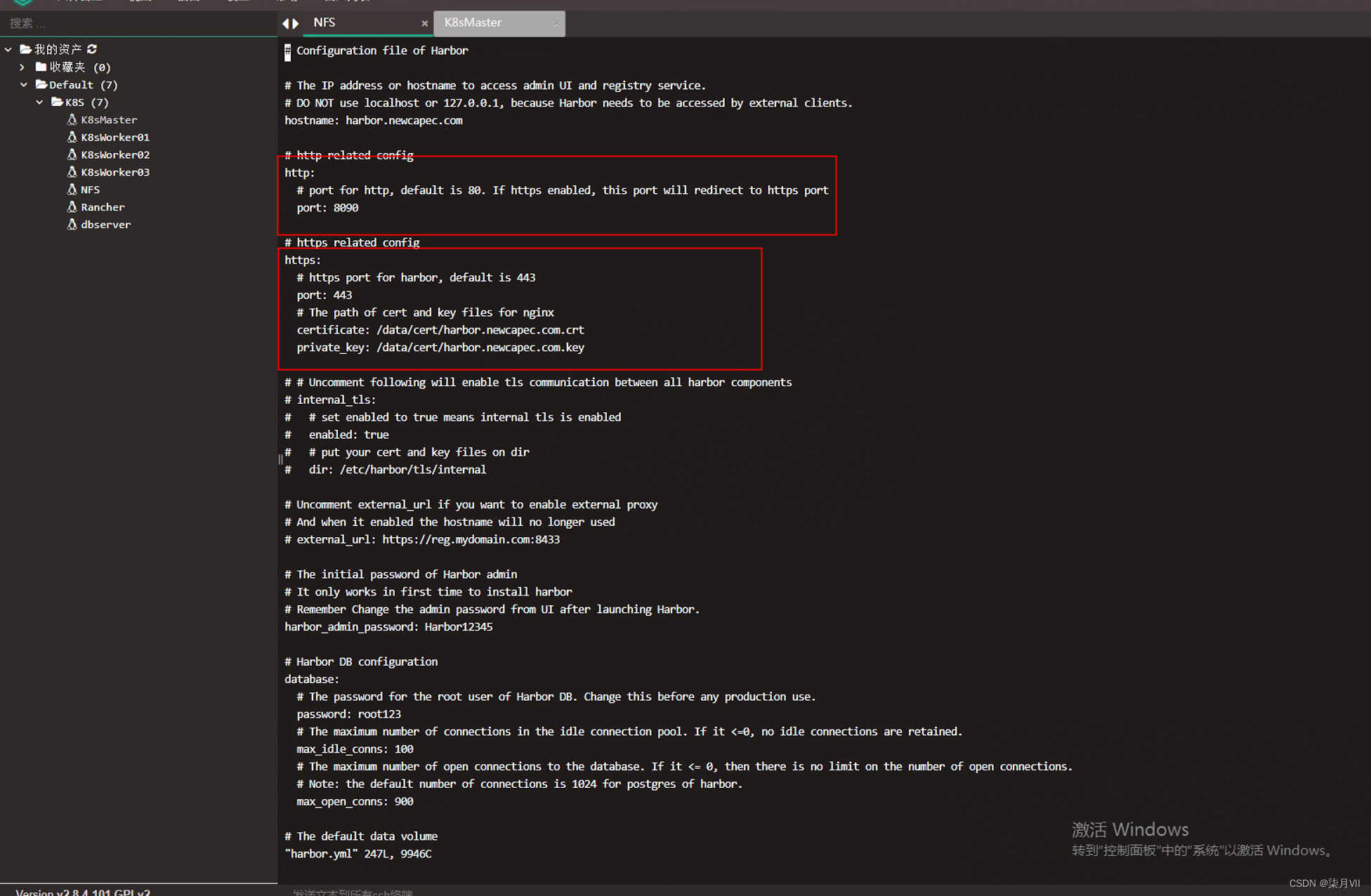Executor
public interface Executor {
void execute(Runnable command);
}
ExecutorService
public interface ExecutorService extends Executor {
void shutdown();
List<Runnable> shutdownNow();
boolean isShutdown();
boolean isTerminated();
boolean awaitTermination(long timeout, TimeUnit unit)
throws InterruptedException;
<T> Future<T> submit(Callable<T> task);
<T> Future<T> submit(Runnable task, T result);
Future<?> submit(Runnable task);
<T> List<Future<T>> invokeAll(Collection<? extends Callable<T>> tasks)
throws InterruptedException;
<T> List<Future<T>> invokeAll(Collection<? extends Callable<T>> tasks,
long timeout, TimeUnit unit)
throws InterruptedException;
<T> T invokeAny(Collection<? extends Callable<T>> tasks)
throws InterruptedException, ExecutionException;
<T> T invokeAny(Collection<? extends Callable<T>> tasks,
long timeout, TimeUnit unit)
throws InterruptedException, ExecutionException, TimeoutException;
}
AbstractExecutorService
public abstract class AbstractExecutorService implements ExecutorService {
protected <T> RunnableFuture<T> newTaskFor(Runnable runnable, T value) {
return new FutureTask<T>(runnable, value);
}
protected <T> RunnableFuture<T> newTaskFor(Callable<T> callable) {
return new FutureTask<T>(callable);
}
public Future<?> submit(Runnable task) {
if (task == null) throw new NullPointerException();
RunnableFuture<Void> ftask = newTaskFor(task, null);
execute(ftask);
return ftask;
}
public <T> Future<T> submit(Runnable task, T result) {
if (task == null) throw new NullPointerException();
RunnableFuture<T> ftask = newTaskFor(task, result);
execute(ftask);
return ftask;
}
public <T> Future<T> submit(Callable<T> task) {
if (task == null) throw new NullPointerException();
RunnableFuture<T> ftask = newTaskFor(task);
execute(ftask);
return ftask;
}
private <T> T doInvokeAny(Collection<? extends Callable<T>> tasks,
boolean timed, long nanos)
throws InterruptedException, ExecutionException, TimeoutException {
if (tasks == null)
throw new NullPointerException();
int ntasks = tasks.size();
if (ntasks == 0)
throw new IllegalArgumentException();
ArrayList<Future<T>> futures = new ArrayList<Future<T>>(ntasks);
ExecutorCompletionService<T> ecs =
new ExecutorCompletionService<T>(this);
try {
ExecutionException ee = null;
final long deadline = timed ? System.nanoTime() + nanos : 0L;
Iterator<? extends Callable<T>> it = tasks.iterator();
futures.add(ecs.submit(it.next()));
--ntasks;
int active = 1;
for (;;) {
Future<T> f = ecs.poll();
if (f == null) {
if (ntasks > 0) {
--ntasks;
futures.add(ecs.submit(it.next()));
++active;
}
else if (active == 0)
break;
else if (timed) {
f = ecs.poll(nanos, TimeUnit.NANOSECONDS);
if (f == null)
throw new TimeoutException();
nanos = deadline - System.nanoTime();
}
else
f = ecs.take();
}
if (f != null) {
--active;
try {
return f.get();
} catch (ExecutionException eex) {
ee = eex;
} catch (RuntimeException rex) {
ee = new ExecutionException(rex);
}
}
}
if (ee == null)
ee = new ExecutionException();
throw ee;
} finally {
for (int i = 0, size = futures.size(); i < size; i++)
futures.get(i).cancel(true);
}
}
public <T> T invokeAny(Collection<? extends Callable<T>> tasks)
throws InterruptedException, ExecutionException {
try {
return doInvokeAny(tasks, false, 0);
} catch (TimeoutException cannotHappen) {
assert false;
return null;
}
}
public <T> T invokeAny(Collection<? extends Callable<T>> tasks,
long timeout, TimeUnit unit)
throws InterruptedException, ExecutionException, TimeoutException {
return doInvokeAny(tasks, true, unit.toNanos(timeout));
}
public <T> List<Future<T>> invokeAll(Collection<? extends Callable<T>> tasks)
throws InterruptedException {
if (tasks == null)
throw new NullPointerException();
ArrayList<Future<T>> futures = new ArrayList<Future<T>>(tasks.size());
boolean done = false;
try {
for (Callable<T> t : tasks) {
RunnableFuture<T> f = newTaskFor(t);
futures.add(f);
execute(f);
}
for (int i = 0, size = futures.size(); i < size; i++) {
Future<T> f = futures.get(i);
if (!f.isDone()) {
try {
f.get();
} catch (CancellationException ignore) {
} catch (ExecutionException ignore) {
}
}
}
done = true;
return futures;
} finally {
if (!done)
for (int i = 0, size = futures.size(); i < size; i++)
futures.get(i).cancel(true);
}
}
public <T> List<Future<T>> invokeAll(Collection<? extends Callable<T>> tasks,
long timeout, TimeUnit unit)
throws InterruptedException {
if (tasks == null)
throw new NullPointerException();
long nanos = unit.toNanos(timeout);
ArrayList<Future<T>> futures = new ArrayList<Future<T>>(tasks.size());
boolean done = false;
try {
for (Callable<T> t : tasks)
futures.add(newTaskFor(t));
final long deadline = System.nanoTime() + nanos;
final int size = futures.size();
for (int i = 0; i < size; i++) {
execute((Runnable)futures.get(i));
nanos = deadline - System.nanoTime();
if (nanos <= 0L)
return futures;
}
for (int i = 0; i < size; i++) {
Future<T> f = futures.get(i);
if (!f.isDone()) {
if (nanos <= 0L)
return futures;
try {
f.get(nanos, TimeUnit.NANOSECONDS);
} catch (CancellationException ignore) {
} catch (ExecutionException ignore) {
} catch (TimeoutException toe) {
return futures;
}
nanos = deadline - System.nanoTime();
}
}
done = true;
return futures;
} finally {
if (!done)
for (int i = 0, size = futures.size(); i < size; i++)
futures.get(i).cancel(true);
}
}
}
ScheduledExecutorService
public interface ScheduledExecutorService extends ExecutorService {
public ScheduledFuture<?> schedule(Runnable command,long delay, TimeUnit unit);
public <V> ScheduledFuture<V> schedule(Callable<V> callable,long delay, TimeUnit unit);
public ScheduledFuture<?> scheduleAtFixedRate(Runnable command,long initialDelay,long period,TimeUnit unit);
public ScheduledFuture<?> scheduleWithFixedDelay(Runnable command, long initialDelay,long delay,TimeUnit unit);
}

